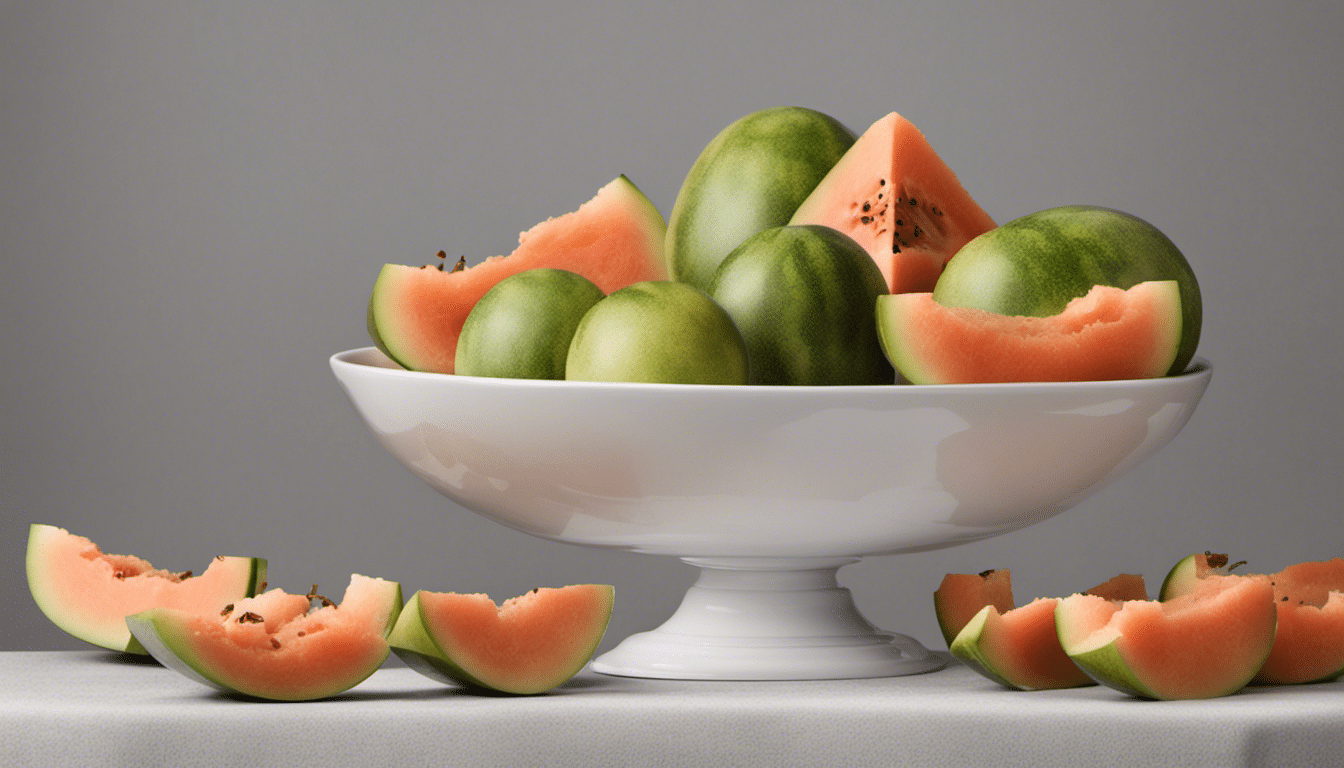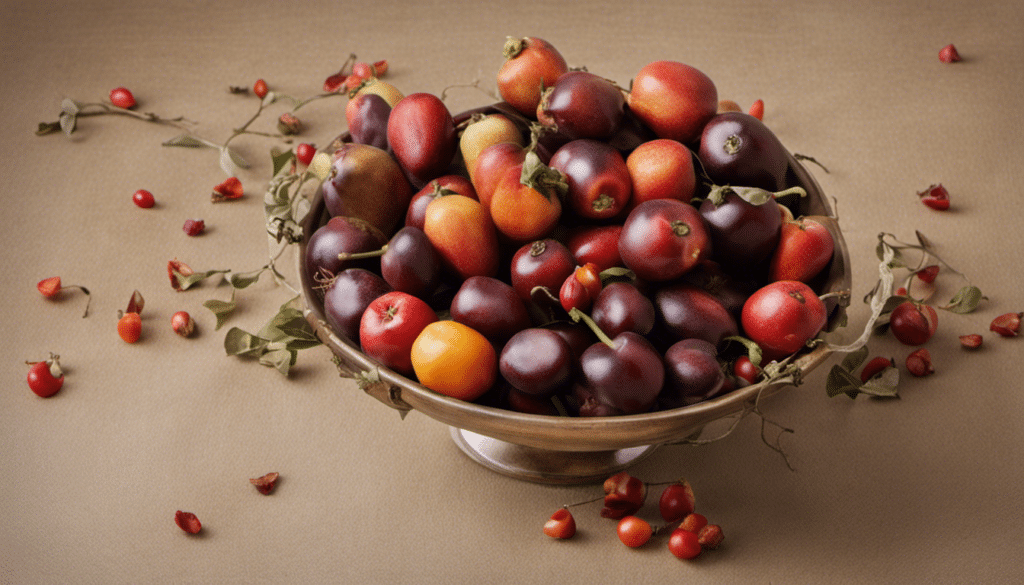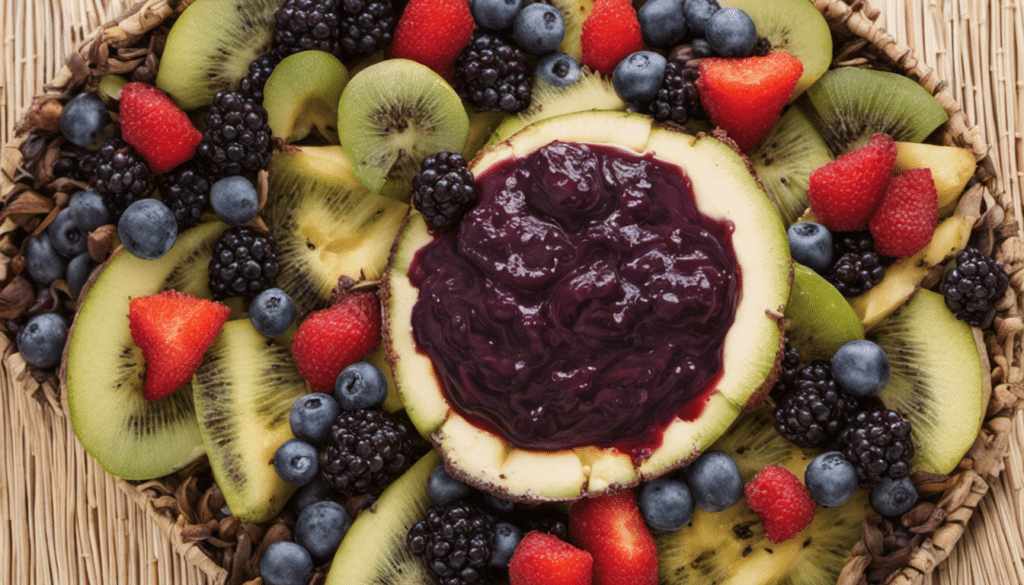All About Melons
A Sweet Slice of History
The long and varied history of melons begins in Africa, before travelling along trade routes to reach Ancient Egypt. It was from here that they exploded outwards, covering Europe, Asia and finally into the New World with Christopher Columbus. These juicy, refreshing fruits come in a variety of shapes, sizes, and colours, each with their own unique taste profile. Find out more about this rich history here.
An Array of Nutritional Advantages
As well as being incredibly tasty, melons are packed with nutritional benefits. They contain high levels of vitamins A and C, making them a powerful antioxidant source. Deer also heart healthy, with potassium contributing to reduced blood pressure and improved cardiovascular health. Vitamin A found in melons also helps to maintain eye health, and their high water content helps keep you hydrated.
Moreover, melons are a fantastic source of fiber, helping your digestive system functioning effectively. They also contain substances such as cucurbitacin E and lycopene, which have anti-inflammatory and antioxidant properties. These can help in preventing chronic diseases such as heart disease and cancer. Learn more about these amazing benefits here.
From Farm to Table
Selecting the perfect melon can be a little daunting, but with a few tips and tricks, you can be enjoying the sweet, succulent delight in no time. Whether you’re choosing a honeydew, cantaloupe or watermelon, there are signs of ripeness to look out for. For cantaloupes, you want a sweet, musky scent and a uniform color. Honeydews should have a waxy, not fuzzy surface, while watermelons should sound hollow when tapped.
Once you’ve picked your perfect melon, the possibilities are endless. You can keep it simple by enjoying it fresh, or try getting creative in the kitchen. They make a great addition to salads or desserts or can be the star in a refreshing, summer drink. You can check this variety of recipes to inspire your melon-based meals.
Preserving Your Melon
If you have too much melon to finish or you just want to enjoy it beyond its season, melon can also be preserved in a variety of ways. Freezing, canning, pickling, or even turning into jam are some of the ways to ensure that none of this nutritious fruit goes to waste – and you can enjoy its sweet taste all year round. Information on how to preserve melons can be found here.
Whether eaten by itself, in a salad, or even grilled, the delicious melon truly shines in the summer, offering us nutrients and a refreshing taste. No wonder it has been a cherished fruit from Ancient times and continues to be a staple in many kitchens around the world.




